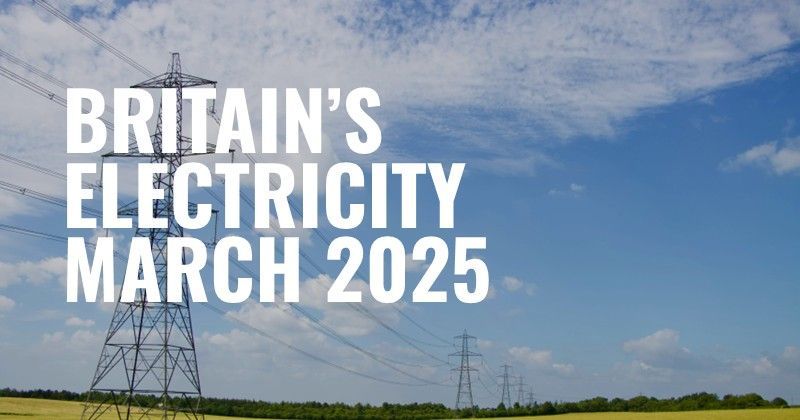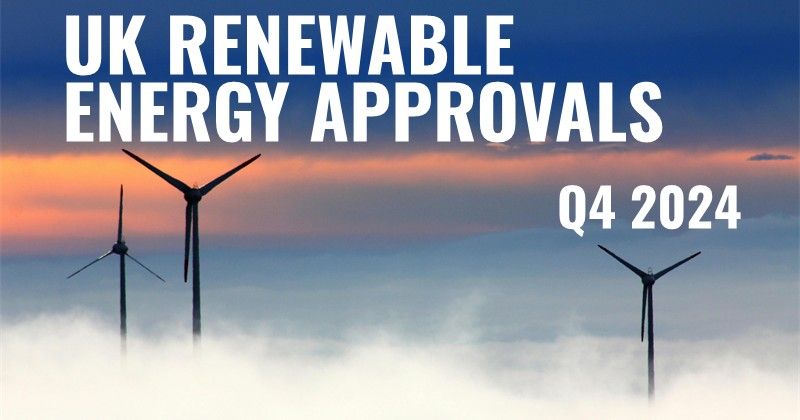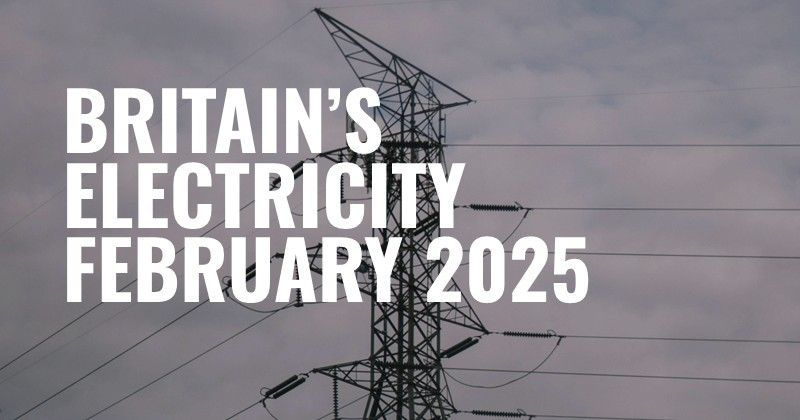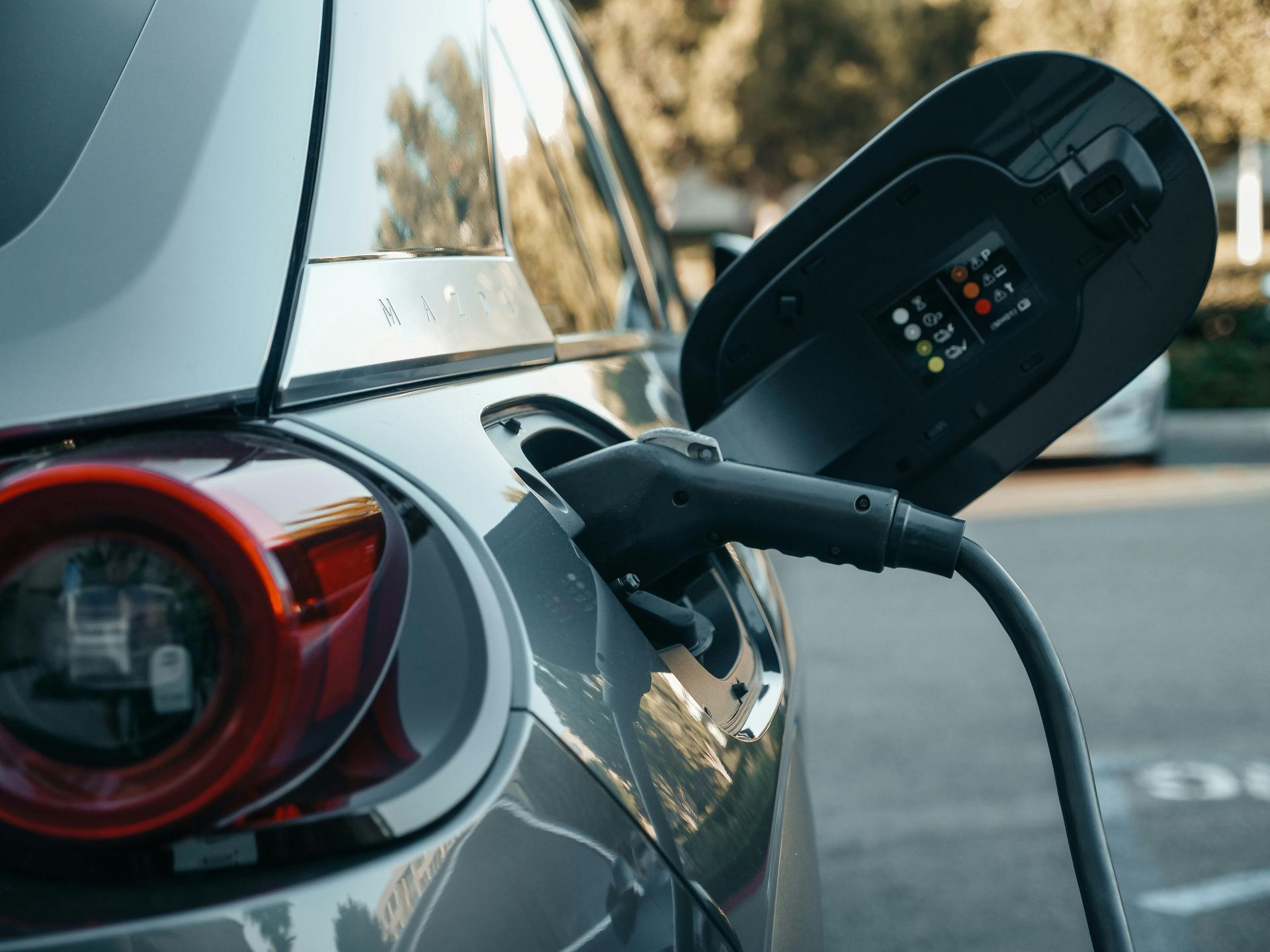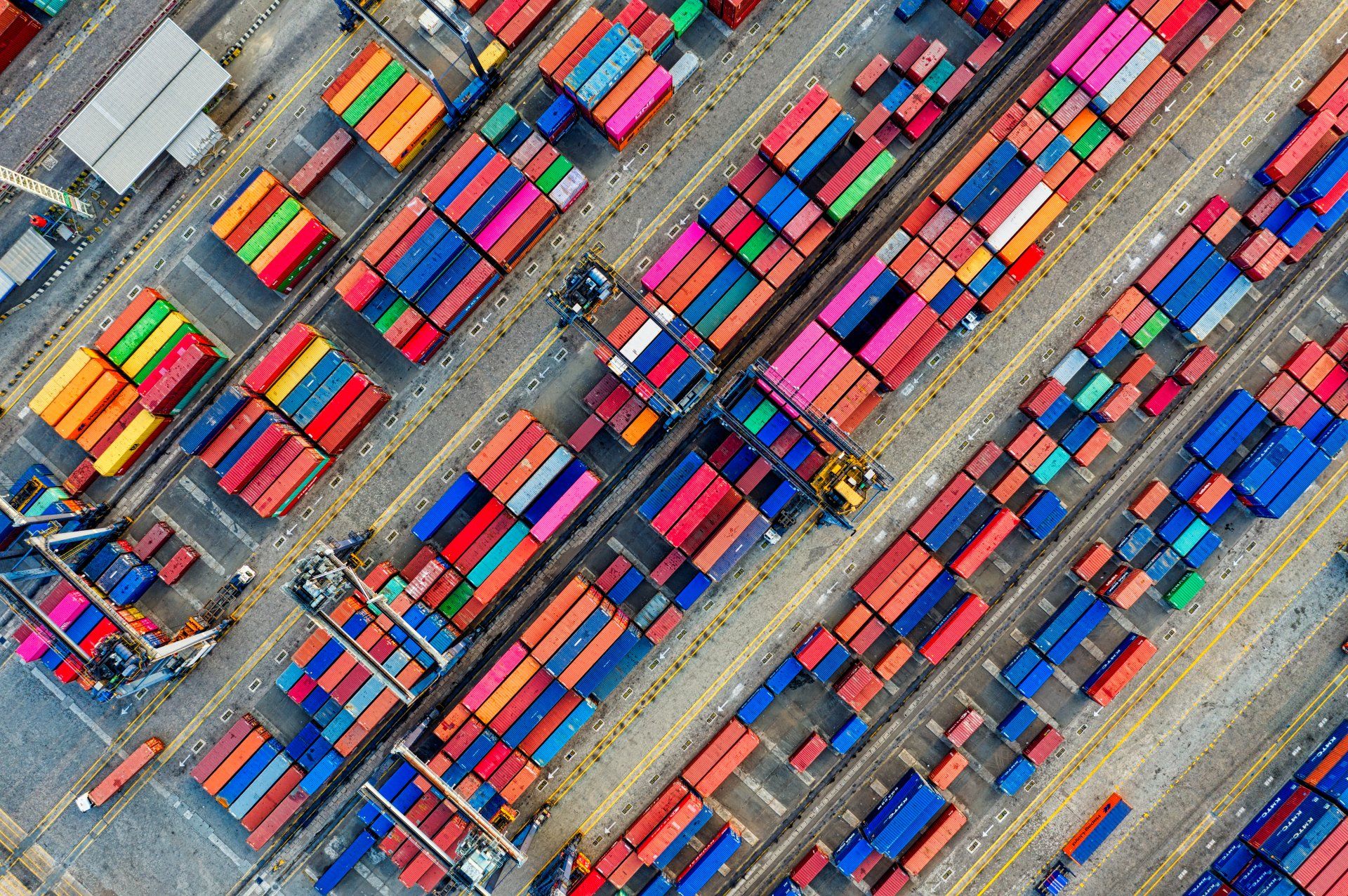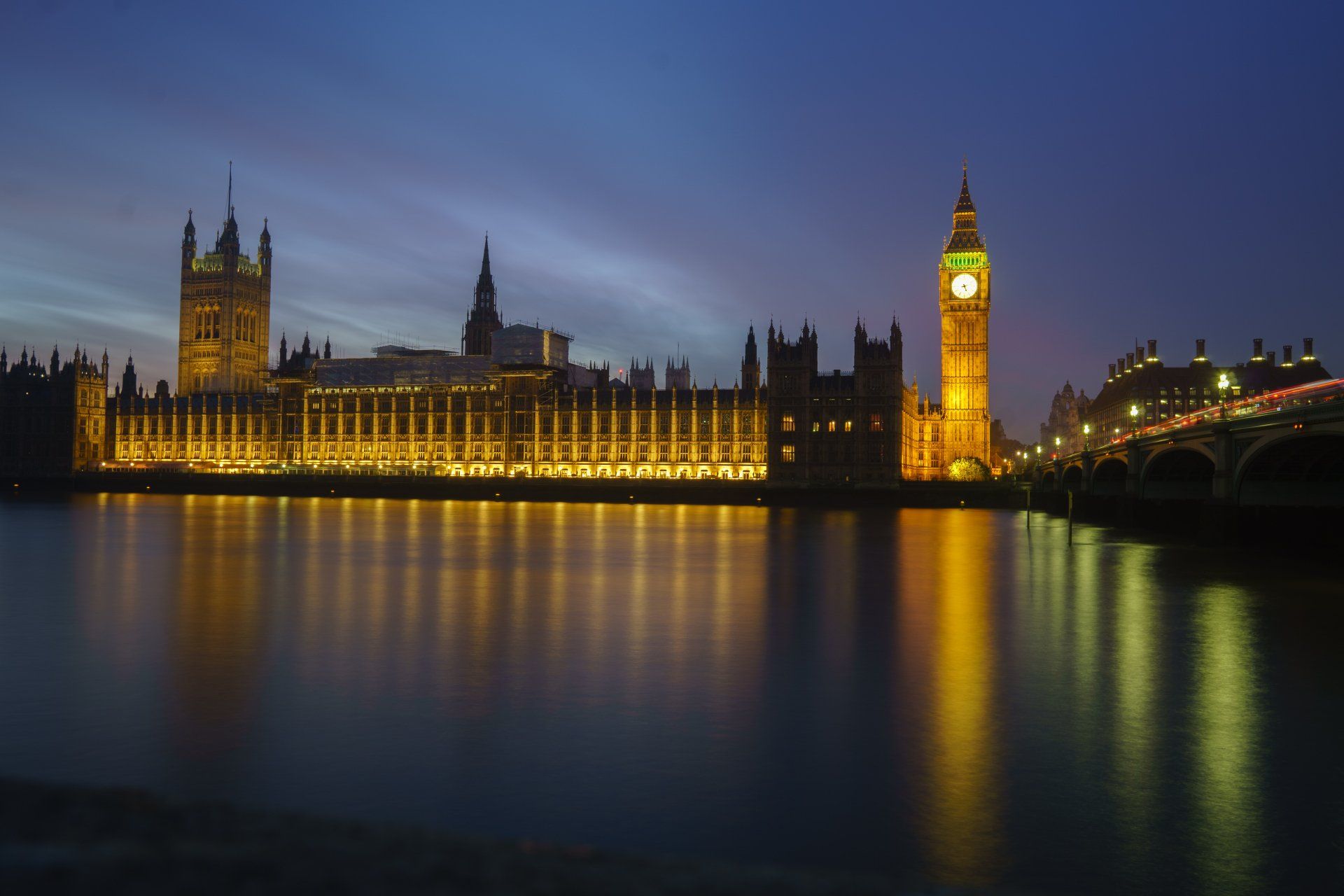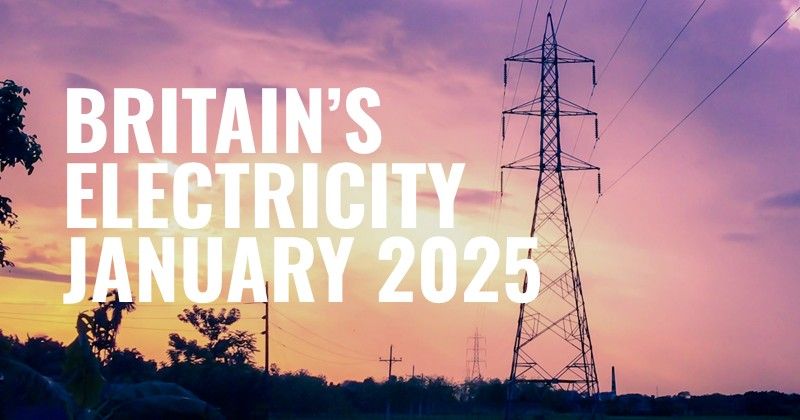The Business Case for Renewable Energy: Stability, Savings, and Security
By now, it’s widely accepted that transitioning away from fossil fuels toward cleaner, renewable energy sources is essential—not just for meeting our climate commitments under the Paris Agreement, but for ensuring economic stability and energy security. While much of the conversation focuses on the necessity of this transition, the tangible benefits are often overlooked.
The Economic Edge of Renewables
Renewable energy is now more cost-effective than fossil fuels on a levelized cost of electricity (LCOE) basis, which measures the total cost of building and running an energy source over its lifetime per unit of electricity produced. Beyond just being cheaper, renewables enhance energy security by eliminating reliance on imported oil, coal, and gas. The volatility of fossil fuel markets presents a significant economic risk. Just this week, the World Bank warned that oil prices could surge past $150 per barrel—up from $85—if the Israel-Hamas conflict escalates. This follows the recent energy crisis sparked by the Russian invasion of Ukraine, which added £50-60 billion to UK energy suppliers’ wholesale costs and drove up consumer prices.
Regardless of their environmental impact, fossil fuels are an unpredictable energy source controlled by geopolitical events. Businesses and consumers alike face unnecessary financial instability by remaining dependent on them.
Taking Control: Reducing Consumption and Adopting Clean Technologies
The good news? You’re not powerless in this situation. There are immediate and long-term actions you can take:
- Reduce Energy Consumption – Simple efficiency measures can lower costs significantly. Consider retrofitting buildings with improved insulation, LED lighting, and smart HVAC systems integrated with Building Management Systems (BMS).
- Transition to Renewable Technologies – Switching to electric vehicles, installing on-site solar or wind generation, and replacing gas heating with heat pumps can significantly cut fossil fuel dependence.
- Manage Supply Chain Risks – If your business relies on multiple suppliers, their energy choices can indirectly impact your costs. Encouraging suppliers to transition to renewables and decarbonise their operations aligns with a robust net-zero strategy and reduces exposure to energy price volatility.
A More Stable Future with Renewables
A future powered primarily by renewable energy ensures greater economic stability and predictable energy costs for businesses and consumers. The UK National Grid continues to integrate more renewable sources, making the electricity grid cleaner and less carbon intensive. Companies that wish to reap the benefits of this shift can do so by installing solar or wind technology or securing corporate power purchase agreements (CPPAs) to lock in energy prices and enhance long-term financial forecasting.
Regulations in the UK and globally are tightening, making the transition to renewable energy not a question of ‘if’ but ‘when.’ Businesses that proactively embrace renewables will not only contribute to a more sustainable future but also gain a competitive advantage through cost savings and energy security. The time to act is now.
Want to build a credible, impactful sustainability strategy that ensures compliance with regulations, cost reductions, and credibility with your investors & stakeholders? Get in touch today.
